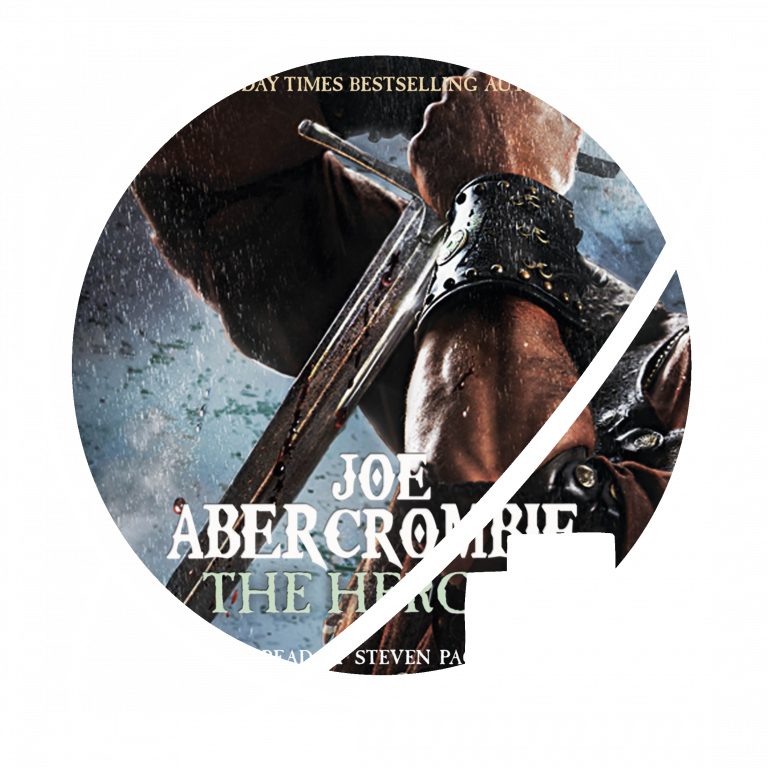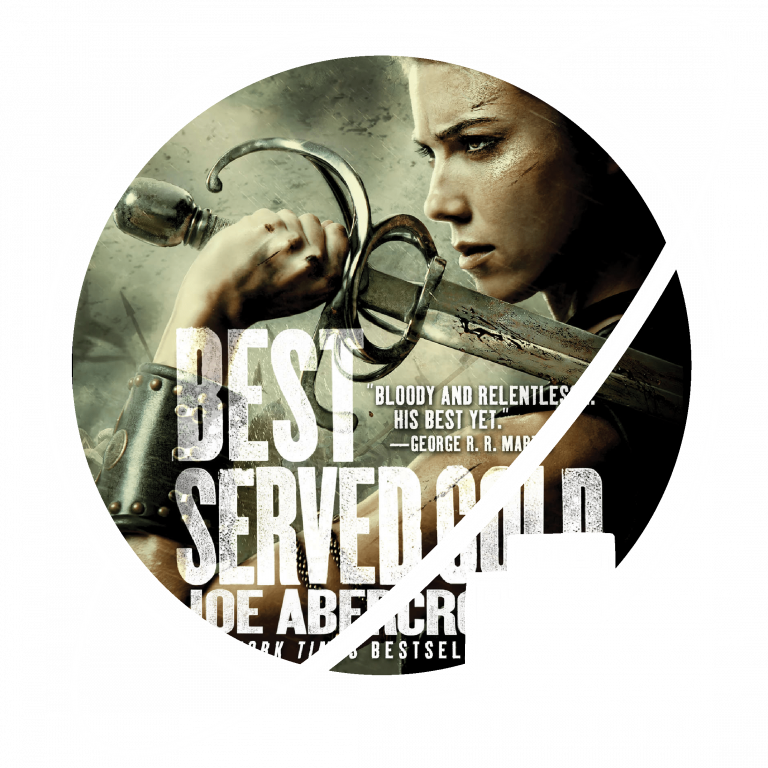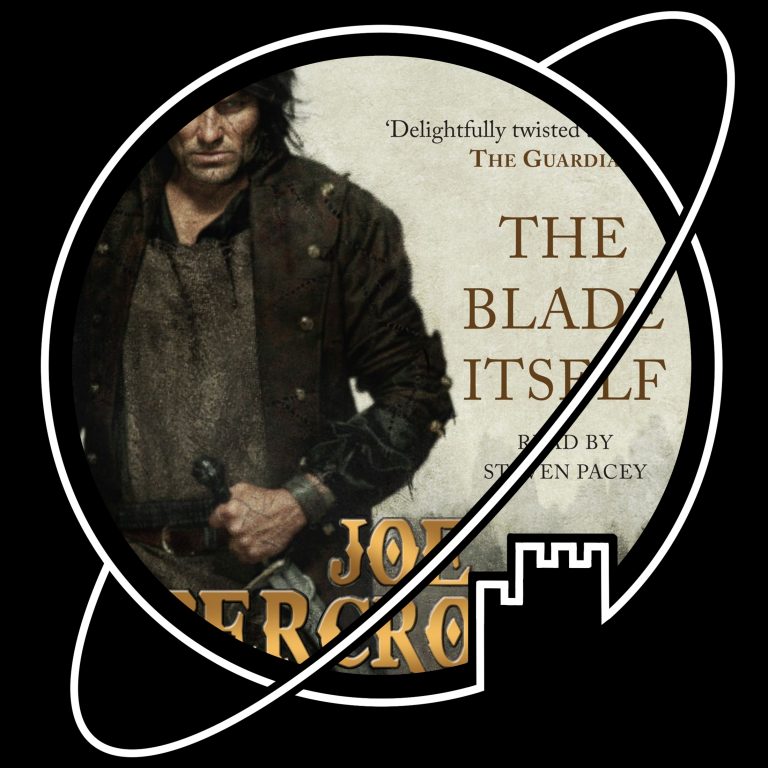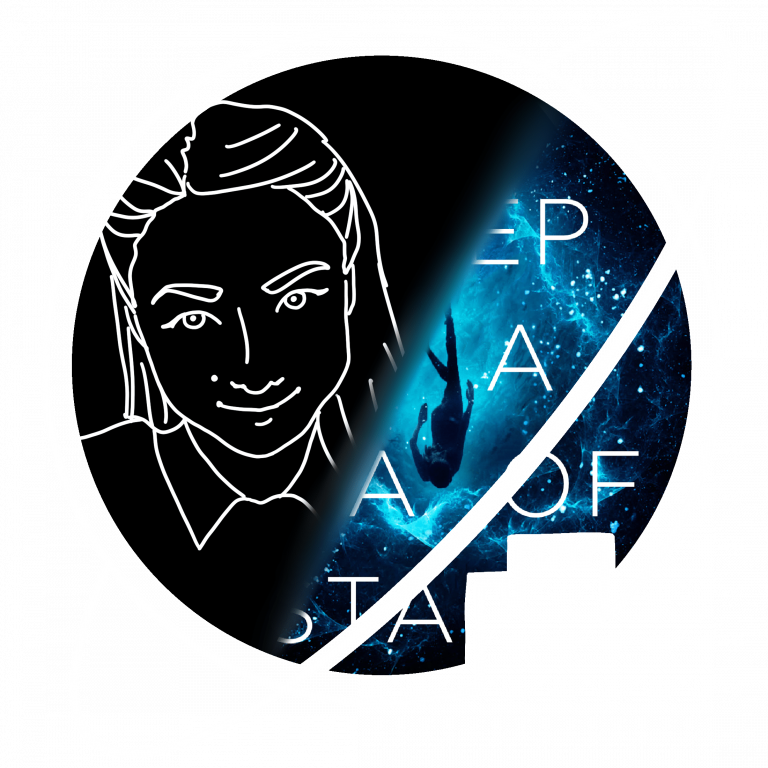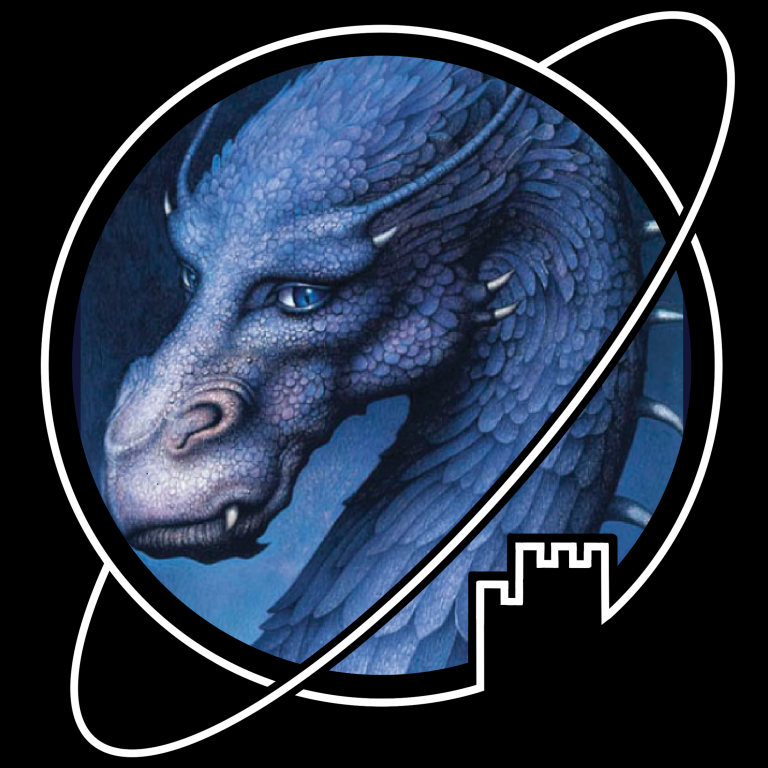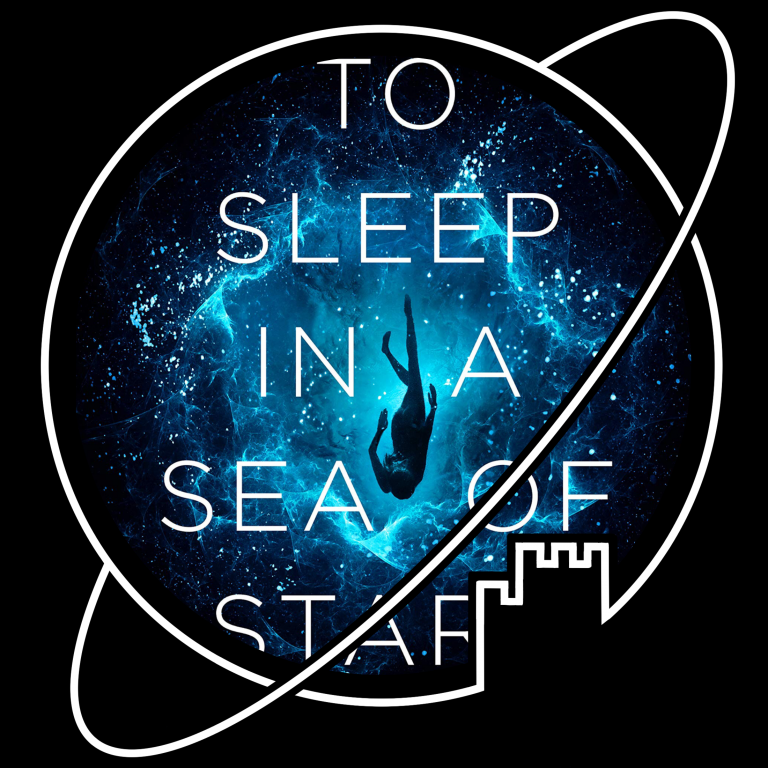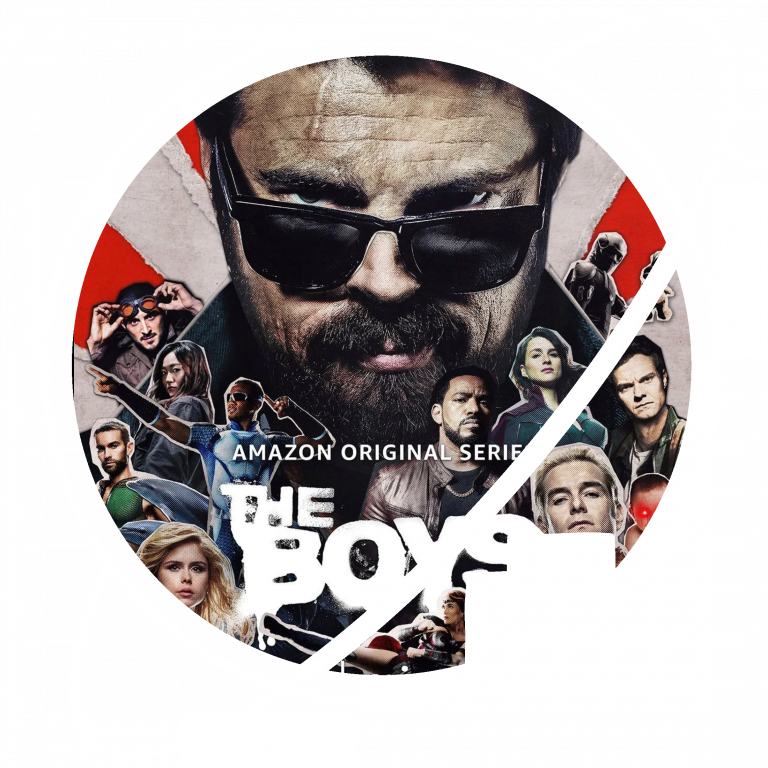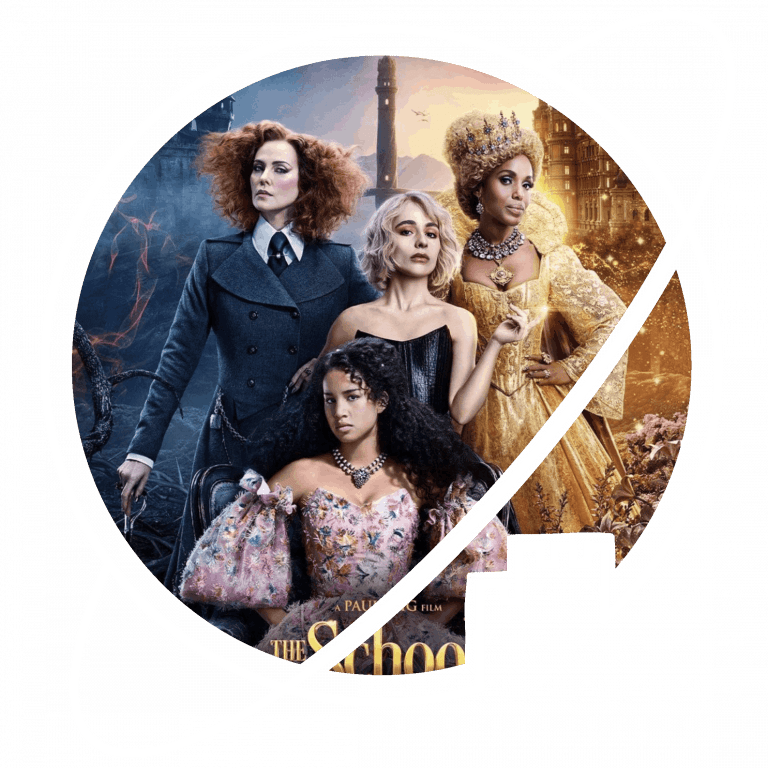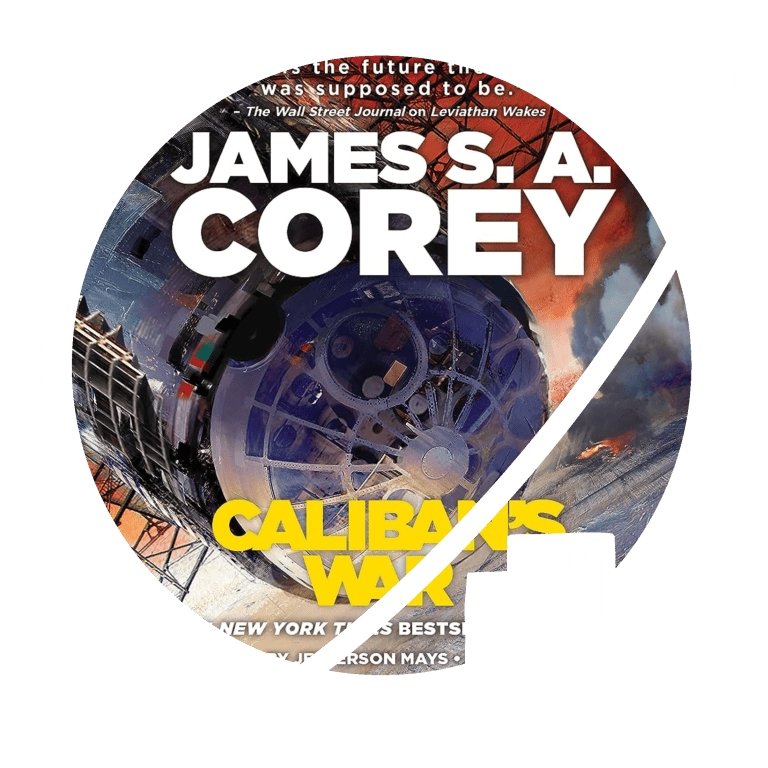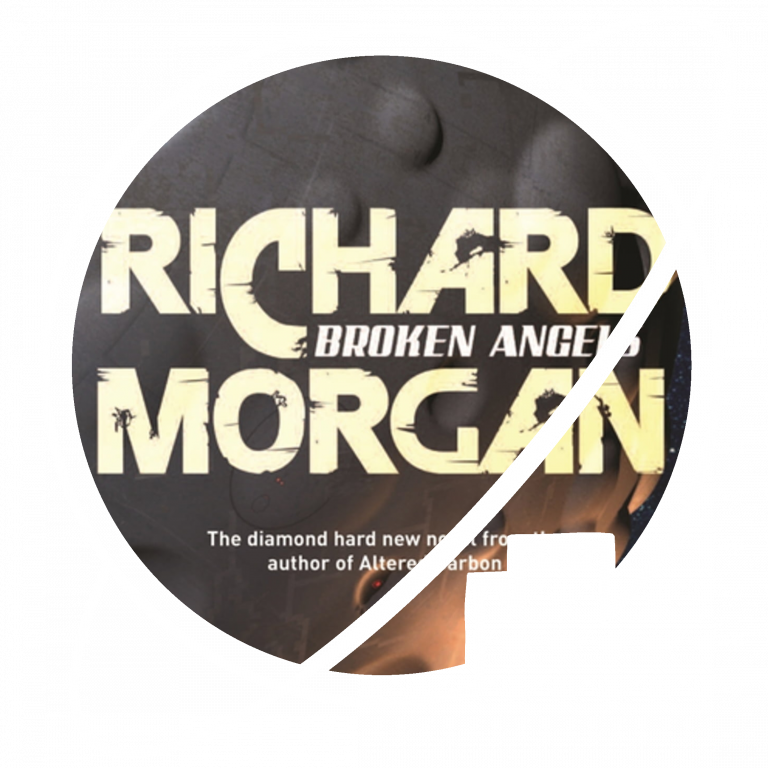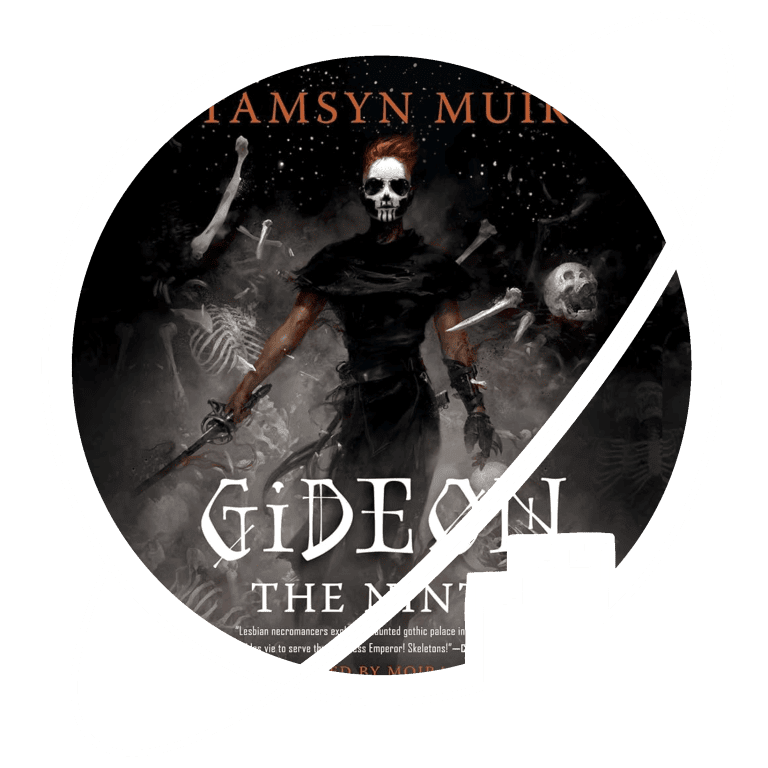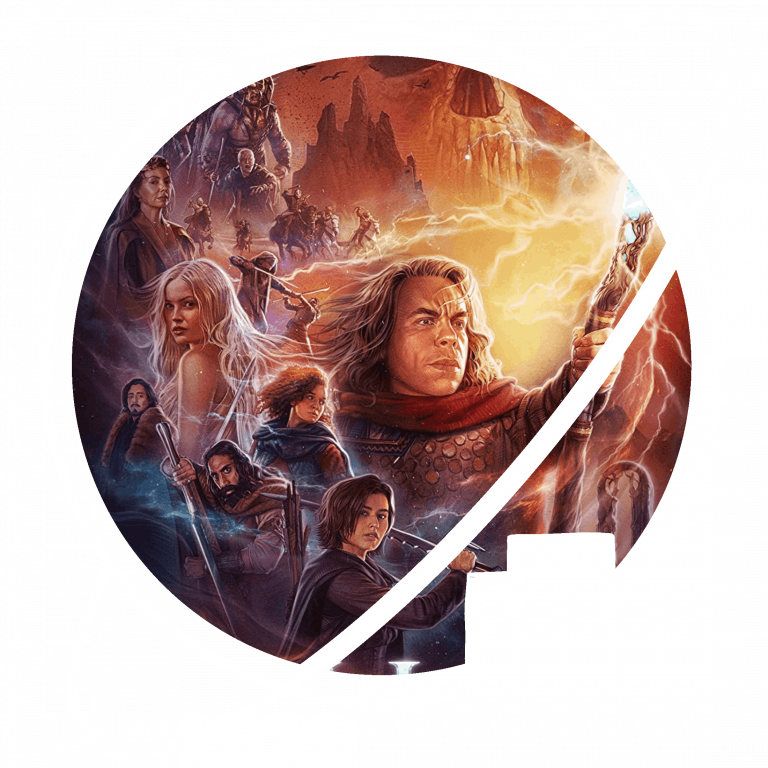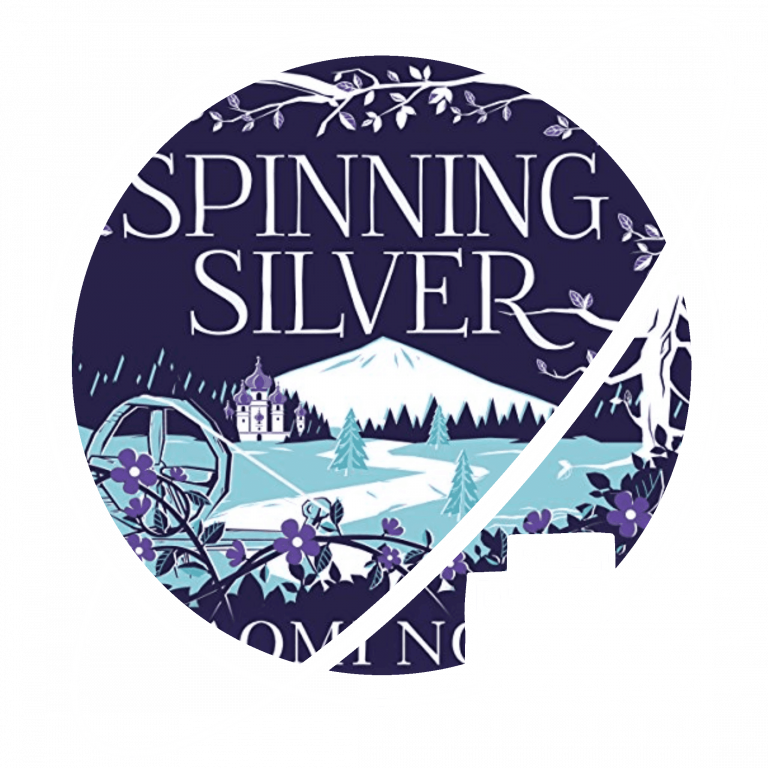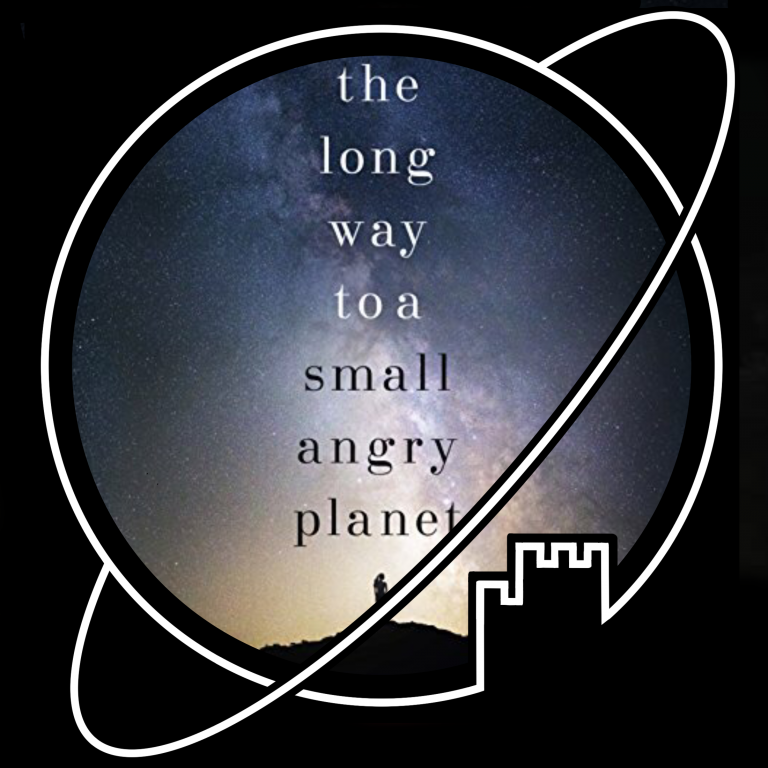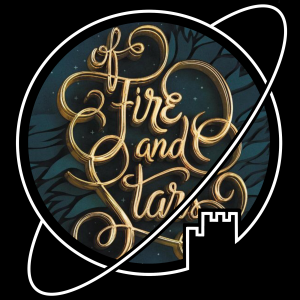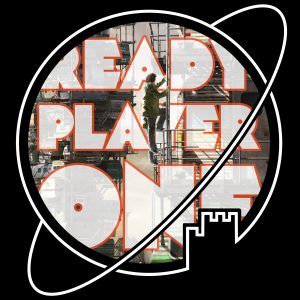Welcome to the Escape Velocity Collection!
We are an opinionated group of friends reviewing all sorts of fantasy and science fiction media. Don’t forget to get to know the curators and visit our curated Collection, where we discuss the stories that never cease to transport us to another world.
Will you escape with us?
LATEST POSTS:
- Book written by Joe Abercrombie
- Published October 2012
- Standalone; Spin off of the First Law Trilogy
When Shy and her surrogate-father Lamb return home from a trip to the village to sell the crops, they find the farm burned, Shy’s brother and sister gone and their caretaker hanged. A determination and a flicker of wrath stir in the otherwise placid lamb, and they set out to chase the perpetrators. Elsewhere in the Near Country, Temple, chief lawyer and secretary to the washed-up mercenary captain-general Niccomo Cosca, has seen enough of the company’s ‘heroics’.
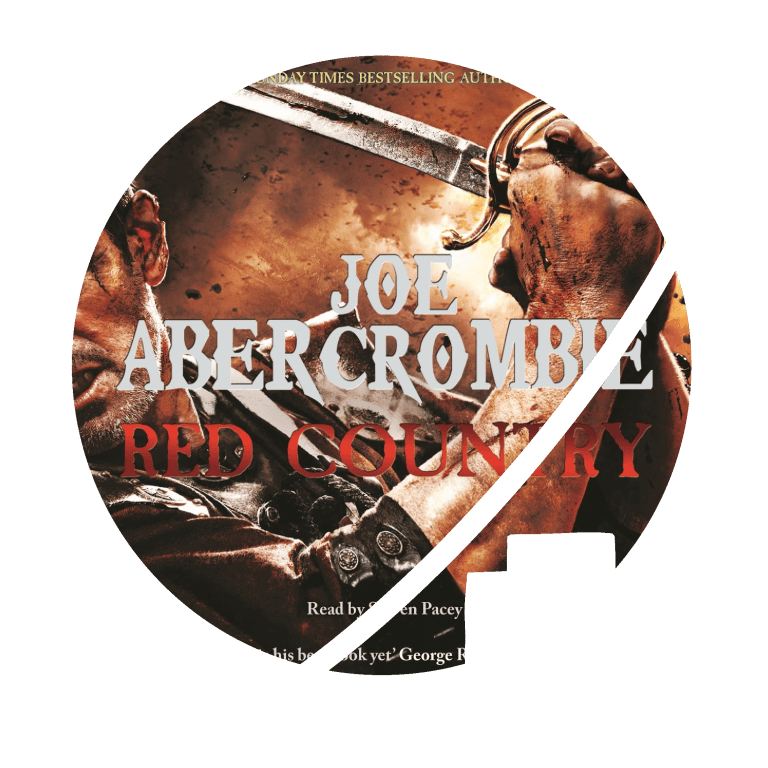
Ok, this might be a HEMA-fencer’s weird pet peeve, but how is this man getting his second hand inside the three-bar hilt on that saber? There is no way that is comfortable (if possible to begin with).

Listened to the audiobook with Steven Pacey – who was a delight to listen to, as ever. I all seriousness, his narration is a good reason to start reading in the First Law-world.
I’ve made no secret of the fact that I love Joe Abercrombie’s prose. Red Country delivers in that respect, with Abercrombie’s signature style of equal parts dark humour and dark violence, often juxtaposed to deepen the contrast. In addition, the return of several characters brimming with, well, character, means the pages come alive almost straight away.
Expect a bitter and gruelling tale, where no-one feels like they can ever do anything right and fate is as uncaring as the clay from which the miners in this story attempt to wash a single grain of gold. I feel like compared to Abercrombie’s previous works, Red Country even approaches the level of caricature, though in this case, I think it works well.
I won’t say that you couldn’t read Red Country without having read the original First Law-trilogy or the stand alone follow-ups – the story very much stands alone like the stories of Best Served Cold and The Heroes do. But knowing about some of the exploits of Niccomo Cosca, Caul Shivers and the Bloody Nine before picking up Red Country will add a nice layer of depth.
Having said that, I found that I enjoyed Red Country just a little less than the other stand alones – it’s still really good, but the other two have something really special that gripped me, be it the fall from grace of Monzcarro Murcatto in Best Served Cold, or the intriguing multi-point-of-view telling of a single event in The Heroes.
Red Country does something special too, in that it introduces somewhat of a ‘western’ theme in the First Law-world. That is an interesting mixture of tropes that I haven’t encountered before, but after five books in the First Law-world, I think I had it pegged as a mostly generic medieval/early Renaissance Europe-type-world. The gold rush and pseudo-native Americans, while well executed, didn’t quite land with me the way I would have hoped. It makes me wonder whether I would have enjoyed Red Country even more if it were not a First Law-novel.
Overall though, those are reflections on the relative quality of Red Country as compared to the superb The Heroes and the amazing Best Served Cold, and not reasons not to pick up Red Country at all. However, standalone as Red Country may be, I would probably recommend reading the other works in the First Law-world first.
Tagged:
See also:
- Novel written by Christopher Paolini
- Published May 16, 2023
- Part 0.5 of the Fractalverse
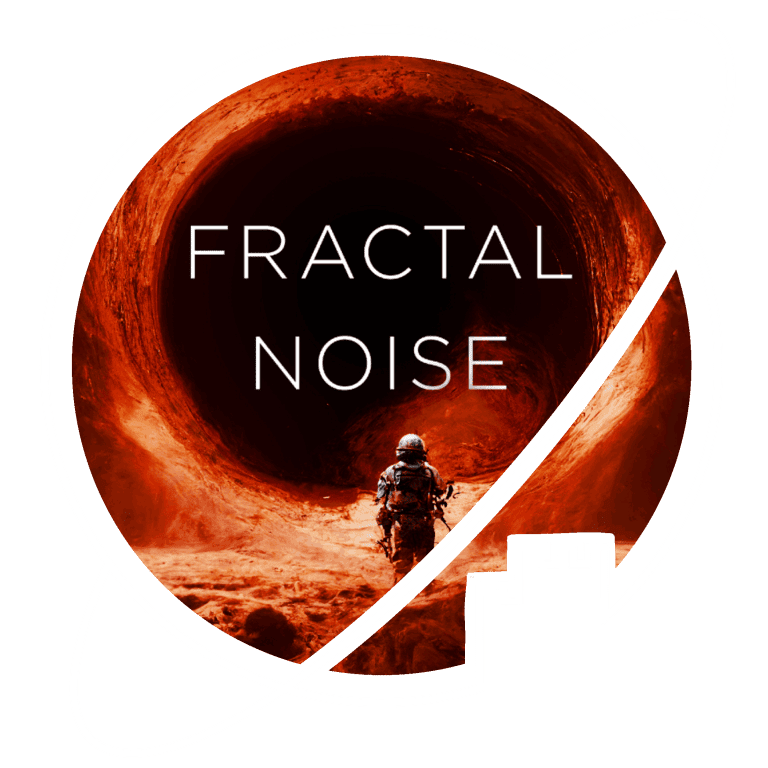

Christopher Paolini and I go back. Not very far, but far enough. I watched the Eragon movie when I was a kid, and quite enjoyed it because Dragons. About five years ago, I finally got around to reading the book, and was less than impressed. I gave it one star. Yeah.
I find it hard to hate on Eragon too much because Paolini wrote it when he was 15 years old. It’s impressive for a kid to write a whole book, even if it’s a bad one! I’m much less forgiving when it comes to his later work, however. His Sci-Fi novel To Sleep in a Sea of Stars had a lot of potential, which was wasted at every possible opportunity. It was just way too long, and even after 900 pages, it didn’t actually end. I won’t go too deep into my issues with the book, but if you’re interested in reading my rant – I mean analysis – feel free to check out my post about it.
Fractal Noise is a sort of prequel to Sea of Stars. None of the characters overlap, and we also don’t see any of the interesting concepts introduced in the latter novel in Fractal Noise. The ship Alex is on, the Adamura, also has a ship mind (a human whose brain has been implanted into a ship to control its processes like a sort of AI), but she barely plays a role in the plot.
One big similarity between the two books is that both main characters mourn a partner. Alex’s wife is dead and he’s understandably very upset about it. This was an improvement from Sea of Stars, in which protagonist Kira very quickly seemed to forget that her dead fiancé ever existed. The death of Alex’s wife, Layla, is a big theme in Fractal Noise. It’s essentially the main focus of the story, which is unfortunate because, based on the back cover, I thought I was about to be reading a thrilling first-contact Sci-Fi novel. Instead, this story is mostly about loss, which would be fine if it were a satisfying read, which it wasn’t.
A big problem for me were the characters. None of them are particularly interesting, and we don’t ever really dive deep into what drives them, other than “religion” for Talia, or “nothing” in the case of Alex. They’re not funny, they’re not compelling, and I couldn’t identify with any of them. The character we learn the most about is probably Layla, but even she never really becomes a “full” person.
The story itself also wasn’t really compelling enough to satisfy me as a reader. At the risk of spoiling the book a bit: nothing much happens. I kept waiting for the big moment that would make Fractal Noise worth my time, and it genuinely never comes. Much like To Sleep in a Sea of Stars, this book doesn’t really have an ending, and it’s very frustrating. When I finished the book, I almost threw it across the room because I was SO annoyed.
Before I leave you with the recommendation to just not pick this novel up, I do want to touch on one more topic. The cover of Fractal Noise uses stock art that was generated with AI. TOR is a publishing house that has plenty of money to pay actual artists to make their covers, and I hope they learnt from the backlash they faced over this issue. However, I don’t know if I agree with people who haven’t read the book leaving low-star reviews on Goodreads just because of the cover. That said, I think the book is kind of bad, so as far as I’m concerned the star rating is entirely fair.
Tagged:
See also:
- TV show developed by Craig Rosenberg, Evan Goldberg and Eric Kripke for Amazon Prime
- Released 29 September 2023
- Starring Jaz Sinclair, Chance Perdomo, Lizze Broadway, and others
- 1 Season of 8 Episodes, renewed for a second season
- Spin-off of The Boys
Set in the world of The Boys, Gen V follows the exploits of a group of students at Godolkin University, an institute exclusively dedicated to educating the US’ young superheroes (’supes’). Against the backdrop of increasingly violent politics and the innumerable crimes of superhero corporation Vought, young adult drama soon turns serious when it appears something shady is going on at GodU.

This review relates to the first season only
I was surprised I liked The Boys, so when I was in the Prime app and saw a spin-off had appeared, I figured I would give that a go too. Unfortunately, it didn’t really live up to my expectations.
A lot of Gen V is decent – it looks good, the acting isn’t bad, and I think a lot of the character writing is well done – I especially like Emma/Little Cricket’s character and arc. I guess the plot is on the ‘eh’ side of acceptable, with a predictable magic school-through line and the by now almost inevitable crosses and double crosses towards the end of the season. The setting – a world with a cynical take on superheroes and modern politics – is still strong.
However, where I felt The Boys got the message mostly right, Gen V misses the mark just a bit too often. The Boys, told from the perspective of ‘normal’ humans, shows us that supes in a position of privilege almost inevitably abuse their power. And while Gen V would have been the perfect opportunity to show us how good kids get corrupted by an inequitable system, we instead see that the real problem is revenge-bent, evil, manipulative individuals with megalomaniac plans.
Similarly, being told from the perspective of supes, Gen V mostly ignores non-supe characters, falling into exactly the trap that The Boys criticises, i.e. that normal people don’t matter to supes; here, they’re not made to matter to the viewer. It all fits the ‘standard’ progression of a superhero story, but doesn’t rhyme well with the societal criticism the series seems to want to deliver.
In short, Gen V was definitely watchable but also at times annoying or frustrating, and never particularly rewarding. If you’re planning on watching, I would recommend putting it on in the background while cooking or ironing or something suchlike – definitely not sit-down-to-watch television.
Tagged:
See also:
- Book written by James S.A. Corey
- Published 4 June 2013
- Part 3 of The Expanse
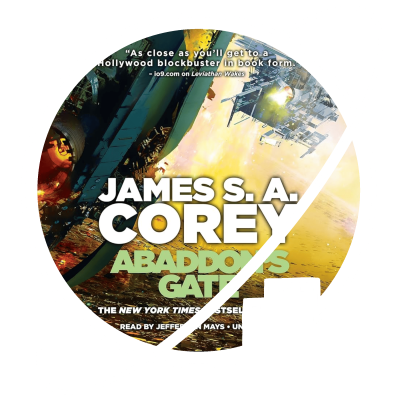

As The Expanse progresses, its sci-fi may soften but the tension never slackens. Abaddon’s Gate is similar in structure to the previous instalments, following the story from separate points of view that intertwine as the plot progresses. This creates the series’ signature high pace, skipping from highlight to highlight as experienced by each of the characters at breakneck pace and keeping the reader glued to the pages.
Abaddon’s Gate also follows the series trajectory in moving from more technical hard science fiction to the softer kind where certain story elements are taken for granted and not explained. This also allows Abaddon’s Gate to take The Expanse new and exciting places that a more grounded narrative such as Kim Stanley Robinson’s Mars-trilogy could not go.
This, I think, is one of The Expanse’s strengths: even as the core cast of characters remains constant, the backdrop of the development of their relationships shifts just a little every time, keeping the story fresh.
That changement de decor is also, however, taking The Expanse into more generic sci-fi territory. Whether this is a downside is up to you, but I found that it makes me less excited, not more excited to pick up the next book.
That is not to say that I won’t read it or expect to enjoy it – on the contrary. But I’m now reading The Expanse for the smooth prose, quick Hollywood-in-a-book-style action and to a lesser extent, the main characters.
In this particular case, there is something else as well: with the vast array of opportunities opened up at the end of Abaddon’s Gate, I’m very curious to see where Cibola Burn will take us. I already have a copy on my to read-shelf, so watch this space!
Tagged:
See also:
- Novel written by Tamsyn Muir
- Published August 4th, 2020
- Part two of the Locked Tomb series
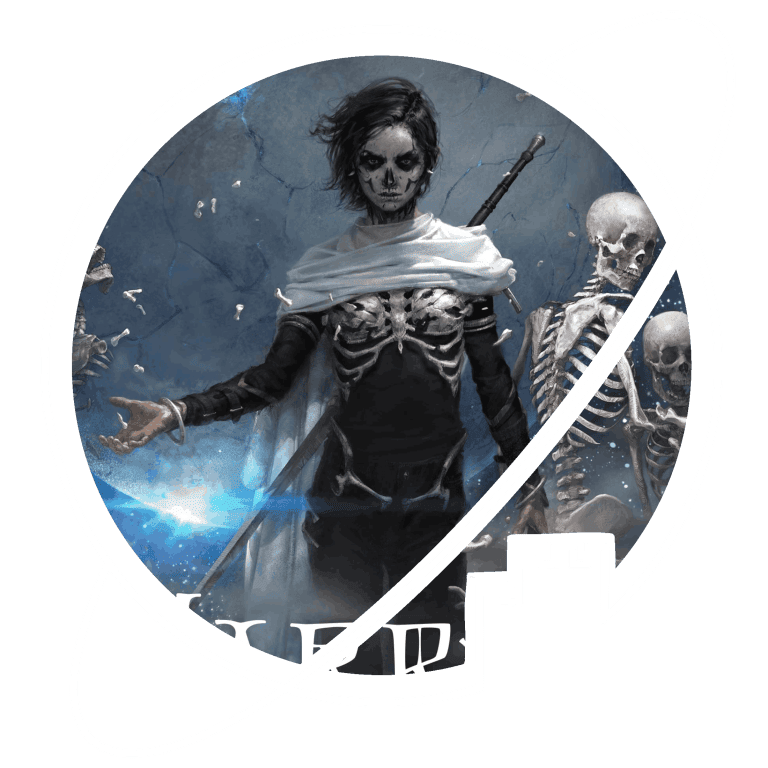

Last year, I listened to the audiobook of Gideon the Ninth by Tamsyn Muir. In my review, I stated that I wasn’t sure if the audiobook (though wonderfully narrated by Moira Quirk) had been the right choice for me, as Gideon the Ninth frequently left me extremely confused. I decided to buy the physical book of Harrow the Ninth for this very reason, and I’m glad I did. Being able to go back a couple of sentences whenever I didn’t understand what was going on was really helpful, because…
This book was still confusing, and not just because I couldn’t keep up with the audiobook (so I’m sure I would have struggled similarly with Gideon, had I read a physical copy of that). It’s the type of story where something has changed before the book starts (in this case, Harrow forgetting Gideon) and the reader is left to put together the puzzle as they read. I’m not great at puzzles, so this type of story structure usually doesn’t really work for me. And truly: it shouldn’t have worked. But there’s something about Muir’s writing that makes me happy to sit through pages and pages of confusion and enjoy it too.
Thankfully, there are fewer characters in Harrow the Ninth than in Gideon the Ninth. Unfortunately, I had just as difficult a time trying to keep them apart. This was partly because they all have like 3 names and if you put a gun to my head I wouldn’t be able to tell you who the saint of Duty was, or why the emperor gets referred to in 5 different ways. I had this problem in Gideon and it’s still kind of annoying and unnecessary, especially considering the relatively small cast of characters. It’s almost as if Muir is intentionally trying to confuse the reader. What doesn’t help is that Muir’s style is very snappy and quirky, sometimes at the expense of characterisation. Every character talks quite similarly, which makes them blur together.
Harrow the Ninth is written in part in second person, which – again – shouldn’t work but somehow it does. Like in Gideon, I really enjoyed the way this book was written. It’s extremely funny. Muir even sprinkles some memes throughout the book, which worked for me, but which I can imagine enraging other readers. I can imagine some people reacting very poorly to it.
Even after finishing it, I’m still not 100% sure I understood everything that happened in the story. Like, I just didn’t fully get it. But that’s okay! Despite there being a lot of aspects of this book that didn’t work for me, the overall charm of Muir’s setting and characters is so strong that Harrow the Ninth gets a solid four stars from me. I think these books would be particularly fun to reread after finishing the series, because I’m sure there’s so much that I missed on my first readthrough.
I even immediately went back to the store to find book three. Unfortunately, they only had an expensive hardcover, so back to the audiobooks I go!
Tagged:
See also:
- Book written by T. Kingfisher (pseudonym for Ursula Vernon)
- Published 26 April 2022
- Standalone
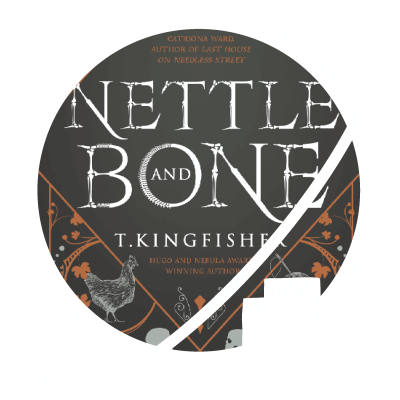

Listened to the audiobook with Amara Jasper. I think she does a really good job.
I haven’t read all Hugo award winners, and I know the Hugo is no guarantee for a book I’ll like. I would often prefer one of the other nominees over the eventual winner. But of the ones I did read, it feels like I’d have to go back to Larry Niven’s Ringworld in 1971 to get to a winner that surprised me this much. Not just because there are better books on the shortlist, but mostly because I just don’t get the appeal.
If I’d be a braver man, I might argue that Nettle & Bone feels like poor Naomi Novik-clone without any of the feeling, but I’m afraid I’ll offend someone who actually likes this book.
Yes, Nettle & Bone has some of the ‘in a kingdom far away there lived a princess’-fairy-tale-esque energy, but I keep feeling like if that is what you are looking for, you should go read Spinning Silver or Uprooted (wait, we haven’t reviewed that?) instead.
Yes, Nettle & Bone has some of that low-conflict cosy fantasy energy, but if that is what you are looking for, I would emphatically recommend the also-nominated-for-the-same-Hugo Legends & Lattes over Nettle & Bone (and if you don’t mind sci-fi, Floating Hotel or even The Long Way Round to a Small Angry Planet does it a lot better).
So what is the problem?
Nettle & Bone has a main character that is potentially interesting, a third daughter of the king of a small kingdom caught between two larger empires, who is sent to a convent, both for safe keeping and to make sure she doesn’t play a role in politics. That seems like a pretty good premise, but unfortunately, the main character never realises that potential. She is kind of mellow. Her main trait appears to be perseverance (I think?), but that just doesn’t play a role in the story (which is also because… well, there is never a challenge).
There is a cast of quirky side characters that are occasionally cute or funny. But they seem just a little too quirky. They’re often in the the eyeroll territory, occasionally bordering on cringey. It doesn’t help that there is a complete absence of conflict in this book. It’s not that I don’t buy their relationships, but the relationships are just immediately cosy. This also means that there is very little development, either of characters or of relationships. The result is a lot of bloodless, frictionless ‘and then this happened and then this happened’-style storytelling.
This seemingly forced simplicity also results in an almost compulsive absence of worldbuilding. That’s maybe a rough bit of criticism, and I get it probably says more about my expectations and tastes than it does about Nettle & Bone. But combined with the underdeveloped main character and the cute-but-flat side characters, the lack of worldbuilding meant that I felt Nettle & Bone was just a bit boring.
Aggressively inoffensive, Nettle & Bone just never managed to excite me. Everything in this book is simple and mellow. There are occasionally good scenes, but overall, I’d much rather read something with actual tension.
Tagged:
See also:
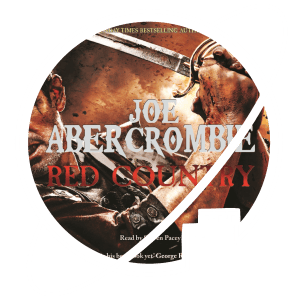
Review: Red Country – Joe Abercrombie
When Shy and her surrogate-father Lamb return home from a trip to the village to sell the crops, they find the farm burned, Shy’s brother and sister gone and their caretaker hanged. A determination and a flicker of wrath stir in the otherwise placid Lamb, and they set out to chase the perpetrators. Elsewhere in the Near Country, Temple, chief lawyer and secretary to the washed-up mercenary captain-general Niccomo Cosca, has seen enough of the company’s ‘heroics’.
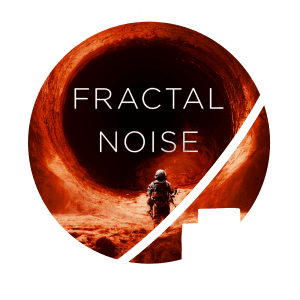
Review: Fractal Noise – Christopher Paolini
After the traumatic death of his wife, xenobiologist Alex Crichton joins an expedition that brings him and his fellow crew to Talos VII. They detect an anomaly on the planet: a giant hole that seems to have been created by intelligent life. Alex and three of his fellow shipmates descend to the planet to discover what the hole is, who made it, and why.*
*As they journey closer to the giant pit, Alex is forced to confront not just the idea of there being other life in the universe, but also his own demons.

Review: Gen V – Amazon Prime
Set in the world of The Boys, Gen V follows the exploits of a group of students at Godolkin University, an institute exclusively dedicated to educating the US’ young superheroes (’supes’). Against the backdrop of increasingly violent politics and the unnumerable crimes of superhero corporation Vought, young adult drama soon turns serious when it appears something shady is going on at GodU.
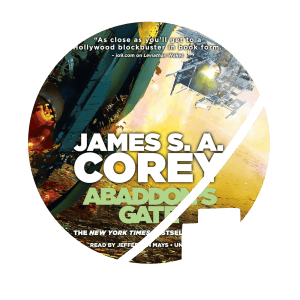
Review: Abaddon’s Gate – James S.A. Corey
Part three of the Expanse – Just as Jim Holden and the crew of the Rocinante try to distance themselves from politics and wriggle their way out under the OPA’s thumb, events conspire to bring him to The Ring, a giant protomolecule structure hovering in space among the outer planets. As fleets from Earth , Mars and the Belt converge on the Ring, politics are inevitable. Carlos de Baca runs security in the Belter fleet, thoug his Earth-provenance puts him in difficult position. Anna Volodovna is a preacher from the outer planets invited by Earth to join the spiritual leaders in the fleet to make sense of it all. Meanwhile, on a small maintenance ship traveling with the Earth armada, engineer Melba Koh hatches a destructive plan.
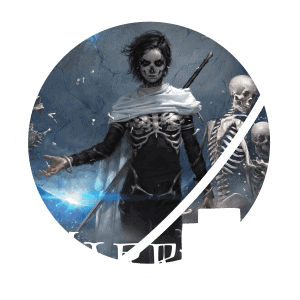
Review: Harrow the Ninth – Tamsyn Muir
After the events in Canaan House, Harrow is finally raised to Lyctorhood and takes her place among her fellow Lyctors. However, she finds herself struggling with her new position. Her transformation was imperfect, and she doesn’t have all the powers the other Lyctors have. Her memory is woozy, she doesn’t remember Gideon at all, and she has a set of envelopes she’s written before losing her memory, with instructions for several hypothetical scenarios. Meanwhile, the Lyctors prepare for the arrival of a Resurrection Beast hell-bent on killing the Emperor.
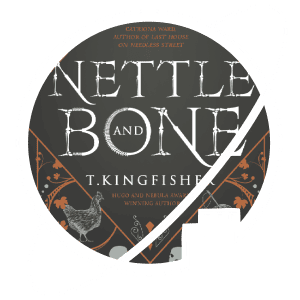
Review: Nettle & Bone – T. Kingfisher
Princess Mara is the third daughter of the king of a small realm caught in between two larger kingdoms. She is sent to a convent, mostly to be out of the way, but when her sister is married off to an evil prince, she gathers a band of misfits around her to free her sister from a dangerous marriage.









